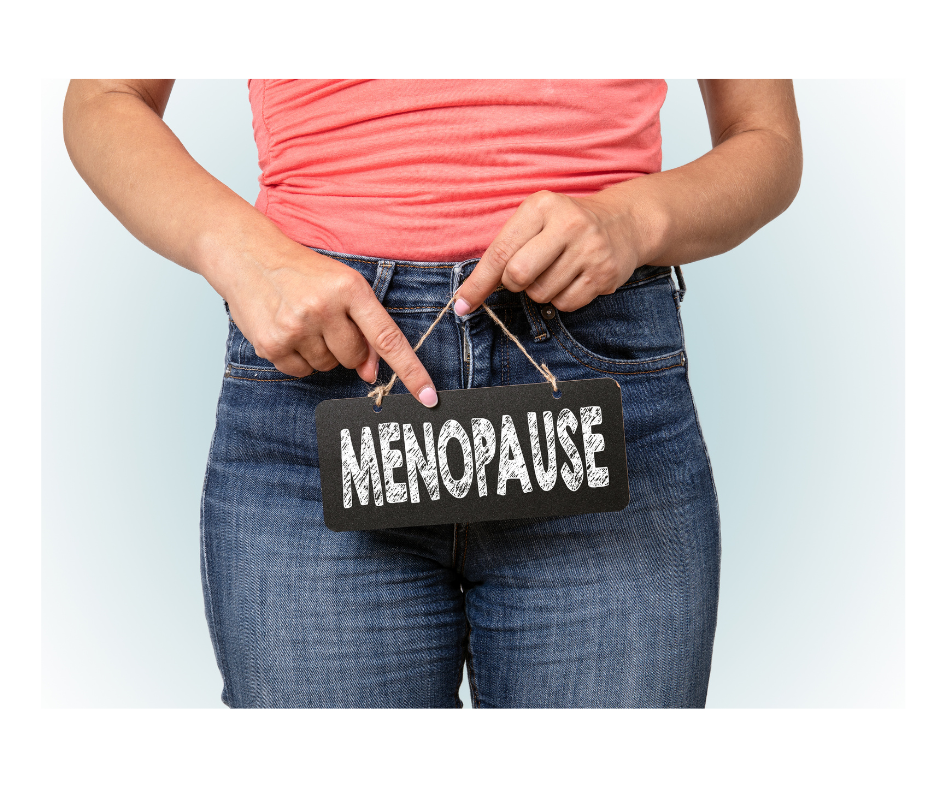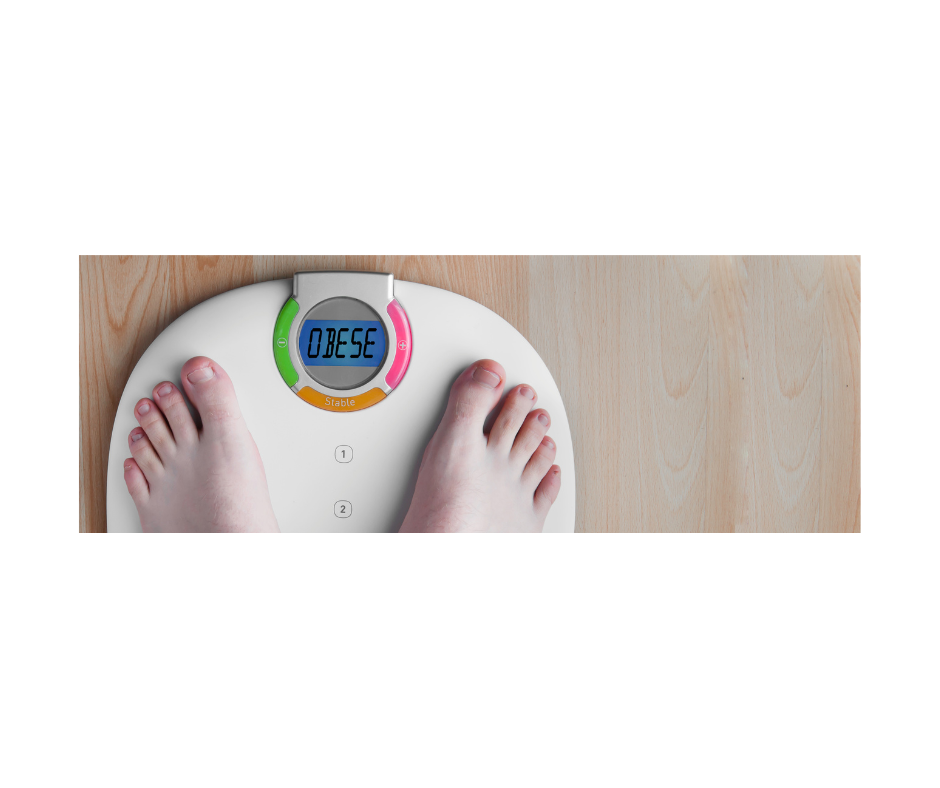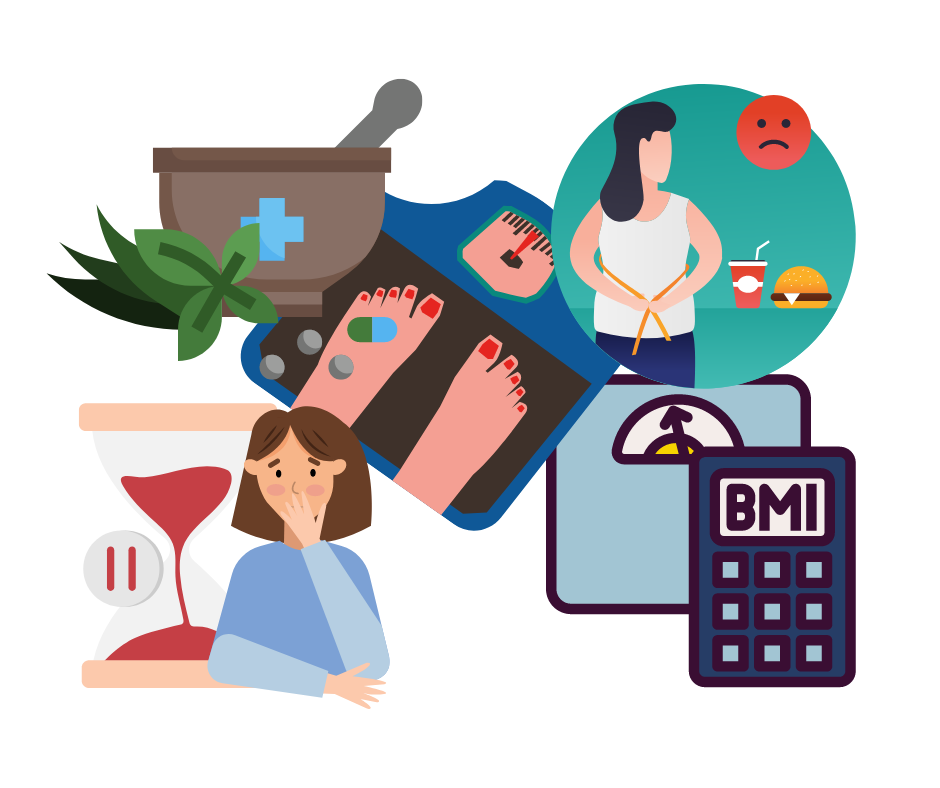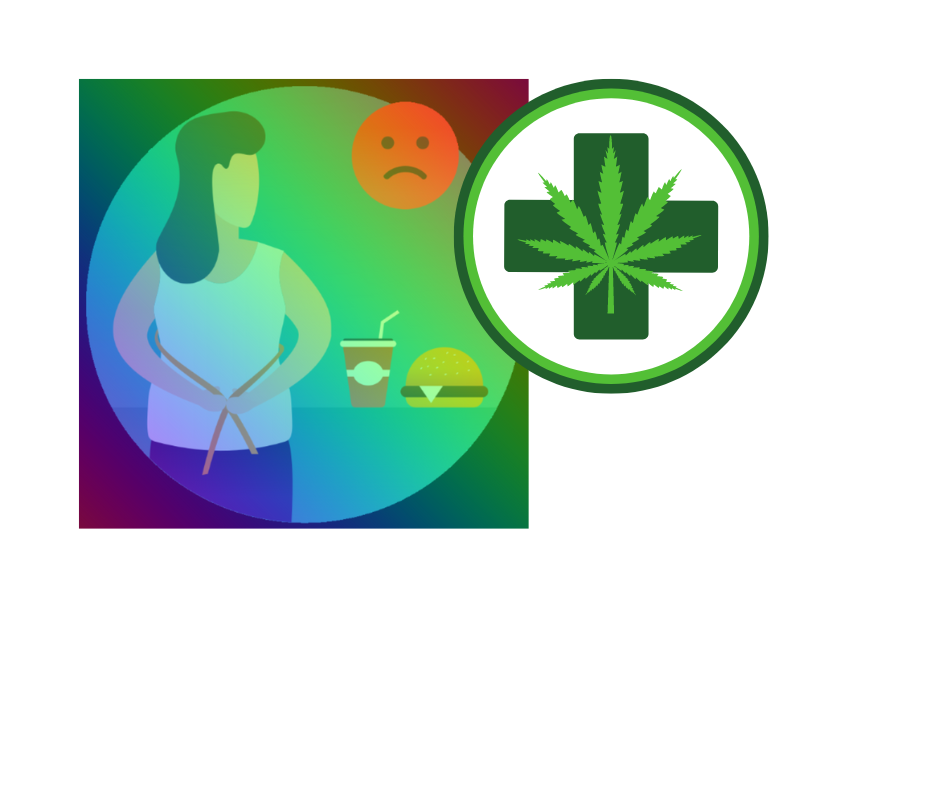
Why do we gain weight in menopause?
Weight gain seems to be an inevitable passage of life! As women, when we go through perimenopause and finally menopause, we have a major shifting of hormones resulting in imbalance of these hormones. In the first year of menopause (which is the time you have gone without a period for 1 year) you can expect to gain 5# which is the average weight gain. This trend may continue at a rate of 1.5 to 5# every year after that up until age 60 when it may potentially level out.
As we age, our metabolism changes, it slows down. But a new study reports this doesn’t actually start until about age 60 and then it is only at a rate of 0.7%/year. So why all the weight gain then? One reason can be lifestyle. Eating unhealthy processed foods and sugar will lead to enormous amounts of weight gain if eaten in excess. Not exercising is a huge culprit. Exercising increases your metabolic rate so you burn more calories even at rest. Plus, it makes your heart and lungs healthier as well.
What would explain the difference in weight gain between men and women over the age of 60? Statistics show that women are twice as likely to be obese than men. It is most likely back to the hormone issue as to why women are more impacted with weight gain in menopause.
Cortisol is released in a surge, every time a woman experiences a hot flash. Since cortisol is a stress hormone, when a hot flash occurs it is considered stress on the body. Stress produces inflammation and cortisol is released to help reduce inflammation. If this is a chronic cycle, it can result in increased blood sugar and increased appetite. So much for losing weight.
Hot flashes also interfere with sleep and inadequate sleep leads to excess levels of ghrelin a hormone that increases appetite. Inadequate sleep results in low levels of leptin which decreases appetite. This combo creates the perfect storm for overeating and craving unhealthy foods. AND when you are tired and exhausted you will reach for the pizza instead of the salad.

What is the definition of obesity?
It is an imbalance of energy between calories consumed and calories expended. It is the accumulation of fat in tissues. Let’s look at BMI. This is a general guideline because a fit healthy person with a large amount of muscle mass may have the same BMI as someone who is obese. But for the most part, it is a good guideline to follow.
- Normal body weight is a BMI (body mass index) of 18.5-24.9
- Overweight is a BMI of 25-29.9
- Obesity is BMI of >30
- Morbid Obesity is BMI >40
The other tool we use is waist circumference. In men, a waist circumference >40 inches is obese and in a non-pregnant female a waist circumference >35 is considered obese.

What are some of the most common ways to lose weight that don't involve making lifestyle changes?
There are some medications on the market that are designed to encourage weight loss:
- Phentermine is considered an anoretic. It has nasty side effects like palpitations, delirium, panic, psychosis and heart failure. It shouldn’t be used for more than 3 months and you should see your provider every month for your prescription as it is a controlled substance. It’s very important to check blood pressure while on this med.
- orlistat works by not allowing fat you consume to get into the tissues (lipase inhibitor) but instead goes straight to the colon resulting in possible explosive diarrhea or gas
- Contrave is a medication with components that help reduce cravings by combining bupropion (Wellbutrin) that is used for depression with naltrexone which is used for alcohol and opiate use disorder. Using this medication can change your mental health especially if you are already taking something for depression or anxiety
- Some meds that are used for diabetes are used for weight loss because the user may experience nausea in the beginning and because it slows stomach emptying you feel full longer and eat less. This class is an incretin mimetic which helps the pancreas release insulin that moves sugar from the blood stream into other body tissues where it is used for energy. These meds can be injected 2-3 times daily or once a week depending on the formulation.
- And of course, the most drastic approach would be surgical with a Roux-N-Y or gastric sleeve procedure.
All of these medications have specific targets and come with a host of side effects. None of them will help with hot flashes, or stress or boosting metabolism

What is cannabis and CBD oil and how do they work to help with weight loss in menopause?
Cannabis from the cannabis plant and CBD from the hemp plant have 100’s of compounds that can address many many issues including helping with weight loss. Since there are so many reasons a person may gain weight, we are just going to focus on menopausal issues at this point. You have to consider what is the major issue you have that is contributing to weight gain other than possible lifestyle choices?
In menopause, do you struggle with hotflashes or poor sleep? Cannabis and CBD can address these areas so starting with the one you deal with most makes the most sense. BUT….the two issues go hand in hand. Let’s say you can’t sleep because of hot flashes. You need to control the hot flashes, so you can get a good night’s sleep. What if you controlled your sleep and the hot flashes didn’t bother you so much because you are sleeping better? And, even better, what if the hotflashes improved because you are sleeping better? Or what if the hotflashes improved because you are using cannabis or cbd and your endocannabinoid tone is improving resulting in decreased hotflashes?
These compounds, unlike conventional medications (which usually have only one target), work by improving endocannabinoid tone. When you have an imbalance in your body, be it hormones, sleep, depression, or anxiety your endocannabinoid system attempts to maintain balance but can become imbalanced.
The endocannabinoid system regulates appetite, fat burning and weight gain. Anandamide and 2-AG (our endocannabinoids) are produced by fat cells, controlled by leptin and insulin and stimulate fat burning via CB1 receptors. (More than one target)
A protein discovered in 2006 called the GPR-119 binds to our endocannabinoid, Anandamide, and is found in the GI tract, pancreas and brain. Once that protein is activated, it helps by allowing a reduction in food intake and subsequently, body weight. Scientists are trying to develop a cannabis medication for this purpose.
Aside from using THC/cannabis or CBD for weight loss there is one of the compounds that his gaining a lot of traction for helping curb appetite and resulting in weight loss and that is THCV. Tetrahydrocannabivarin (THCV) It is being studied as a treatment for obesity and diabetes due to its effects on decreasing food intake and increasing energy expenditure.(from Healer.com)
How to use cannabis or CBD
First, how do you decide how to use cannabis or CBD. There are options such as inhalation, ingestion or topical applications.
- Smoking or vaping: inhalation of cannabis results in a pretty immediate effect. You feel it within 15 minutes or so. You should use caution though as it can be rough on the respiratory tract. It’s also not discreet, so you can’t use it this way whenever you want, like at work.
- Onset: within 5 min
- Peaks: 15-30 min
- Duration: ~ 2 hours
- Edibles: this category includes gummies, chocolates, cookies, toast, food in general. You can use an infused butter or coconut oil to add to smoothies or spread on toast or banana bread hot out of the oven. The biggest issue with edibles is the slow onset of action. So don’t use more until you know for sure how you are going to be affected.
- Onset: 30-90 minutes
- Peaks: 2-6 hours
- Duration: 4-8 hours which makes it perfect for bedtime use
- Sublinguals: unlike edibles, this method of consumption bypasses the digestive tract. Sublinguals are tinctures, sprays, oils that are placed under the tongue and held there for as long as possible. They are immediately absorbed into the blood stream so
- Onset: 15-30 min
- Peaks: 45 minutes
- Duration: 1-4 hours
- Topicals: lotions, patches, oils, sprays, soaps, bath bombs - anything that you apply to the skin
- Onset: within minutes
- Peaks: 10 minutes
- Duration: up to hours
- Suppositories: when used vaginally, these can help with lubrication and orgasm and when used rectally you can take high doses of THC and never feel the euphoric affects
To summarize: using cannabis will help your endocannabinoid tone resulting in better balance and decrease in hot flashes, improved sleep and weight loss.
Giving specific dosing recommendations is beyond the scope of this blog but is part of the coaching process. So if that is something that interests you, please book an appointment and let's work together.







0 Comments